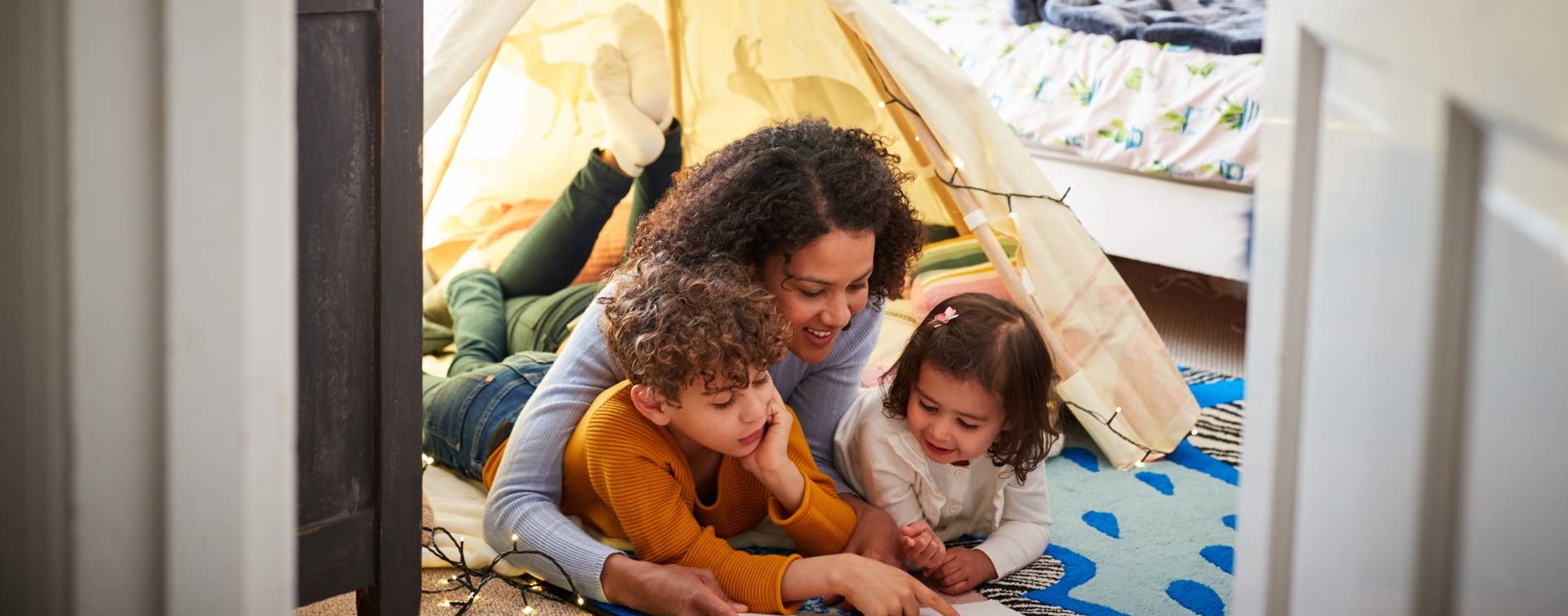When should a parent’s mental illness affect his or her custodial rights? Certainly one shouldn’t entrust any parent who is actively psychotic with the task of looking after children. Mental illness and custody may present risk of harm to the kids.
But family courts in Rhode Island have struggled to find that defining line in the sand when it comes to other types of mental illness. For one reason, not all diagnoses are equal when it comes to how capable a parent is to care for his or her offspring.
How Courts Deal with Mental Illness and Custody
Rhode Island courts also lag behind most family law courts in other states when it comes to a willingness to assign joint custody to parents. This can tip the scales even farther in the direction of the parent who is not struggling to cope with a disabling mental health diagnosis while launching an aggressive custody battle.
As far as Rhode Island law addressing the issue, one of the criterion for determining custody of minor children in the state is “[t]he mental and physical health of all individuals involved.”
But is that sufficient to bar a parent suffering from intermittent depression from being a custodial parent? What about bipolar disorder, anxiety or obsessive compulsive disorder?
Follow Your Doctor's Plan
Finding yourself behind the eight ball in your custody case due to a mental health diagnosis? It’s best to be completely honest with your family law attorney about your diagnosis. Armed with accurate information, the two of you can develop a strategy. One that emphasizes your compliance with treatment plan goals and medication regimes.
Ultimately, the court is tasked with making decisions that reflect the children’s best interests. Addressing the matter from that approach can indicate to the court that despite your diagnosis, this, too, is your goal.
Source: National Alliance on Mental Illness, “Should a Mental Illness Mean You Lose Your Kid?,” Seth Wessler, accessed March 10, 2017

